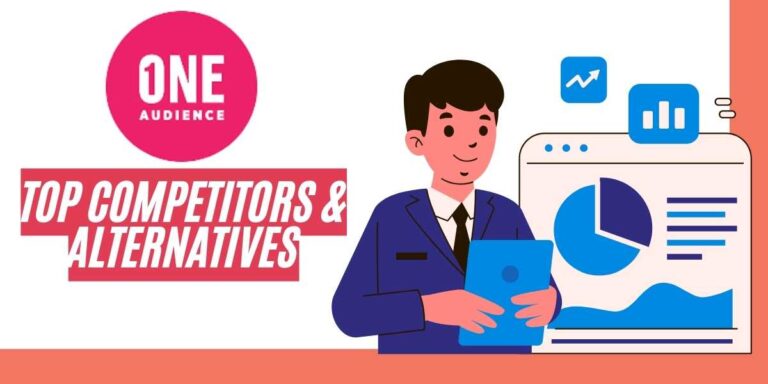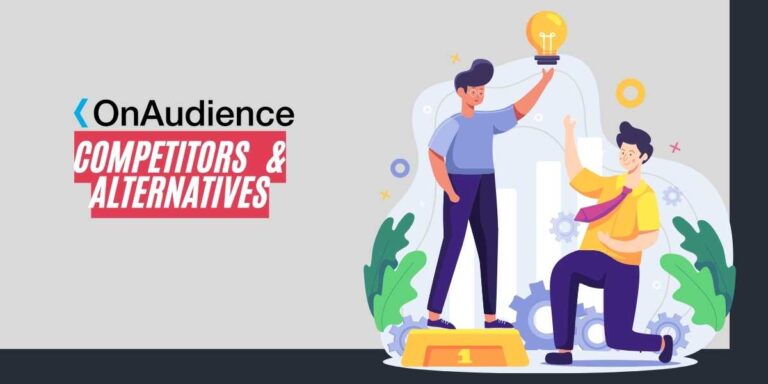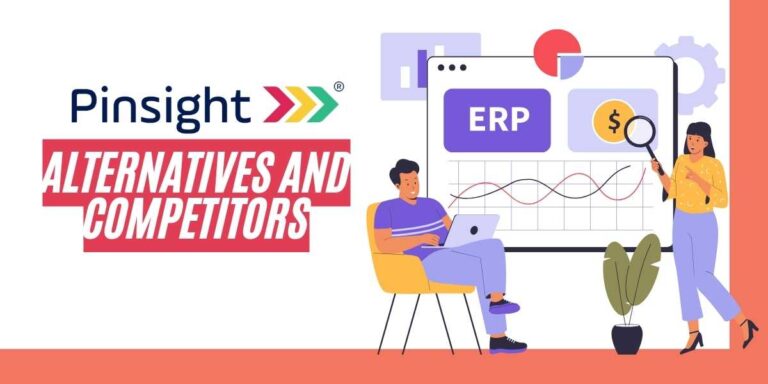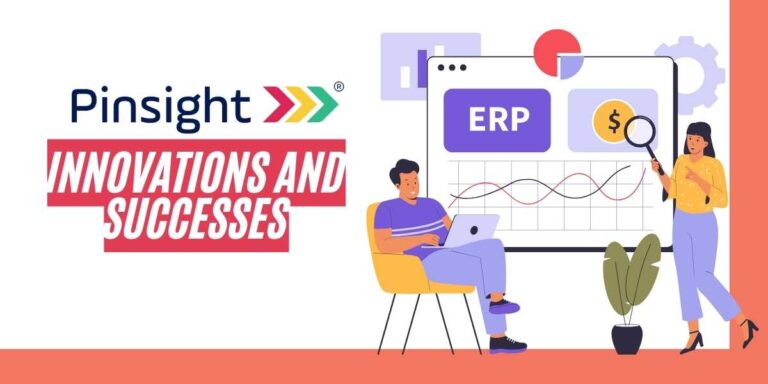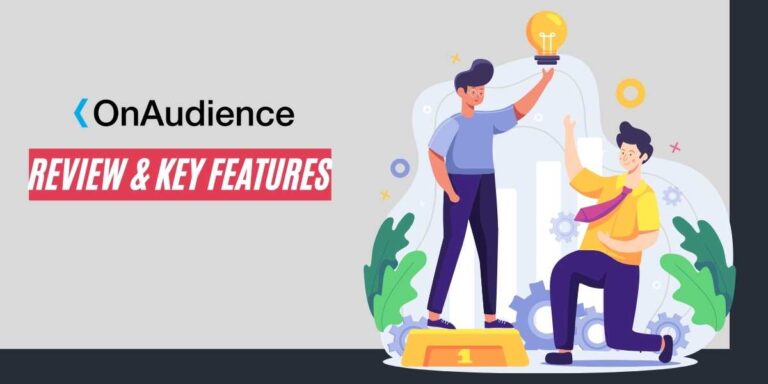OneAudience Data Harvesting Scandal: A Deep Dive
Facebook’s lawsuit against OneAudience reveals a significant issue in the landscape of data security and privacy. The social media giant accused the analytics company of improperly accessing and collecting user data without consent, highlighting vulnerabilities in app security and the need for stricter enforcement of data protection policies.
Background of the OneAudience Case
The OneAudience controversy erupted when Facebook detected unauthorized access to its users’ data via a Software Development Kit (SDK) embedded in various mobile applications. These applications, ranging from gaming to utility apps, allowed OneAudience to gather personal information without the users’ knowledge. This practice not only compromised Facebook’s user data but also impacted other platforms like Twitter, leading to widespread concern over data misuse.
The Mechanics of Data Harvesting
OneAudience was able to obtain user data by incentivizing app developers to integrate its SDK into their apps. Once users installed these apps, the SDK covertly accessed information such as names, email addresses, and user IDs from social media accounts. This unauthorized data collection violated the platform policies of companies like Facebook and Twitter, prompting legal action.
Facebook’s Response and Legal Action
Upon discovering the breach, Facebook moved swiftly to disable the affected applications and sent a cease and desist letter to OneAudience, demanding cooperation in an audit. The refusal of OneAudience to comply led Facebook to file a federal lawsuit, aiming to enforce compliance and prevent further data access breaches.
The Impact on the Tech Industry
The lawsuit against OneAudience underscores the ongoing challenges faced by the tech industry in safeguarding user data against unauthorized practices. This case adds to other privacy-related legal actions undertaken by Facebook, illustrating a broader initiative to tighten data security measures globally.
Recent Measures and Policies
In response to scandals like the one involving OneAudience, Facebook and other companies have been prompted to review and fortify their data protection policies. This involves thorough vetting of app developers and partners, strict auditing processes, and enhanced user privacy controls to mitigate future risks.
Lessons for Developers and Users
For app developers, the OneAudience case serves as a cautionary tale about the importance of ethical data management. Integrating third-party tools requires due diligence to ensure compliance with privacy standards. Users, on the other hand, are reminded to be vigilant about the permissions granted to applications, regularly revisiting and managing their app settings to protect personal information.
Best Practices for Data Security
- Regularly update apps and operating systems to the latest versions for security enhancements.
- Carefully review permissions requested by apps, revoking unnecessary access.
- Use strong, unique passwords for social media accounts and consider two-factor authentication.
- Stay informed about the latest privacy features and news from trusted sources.
The Future of Data Privacy
As legal battles like the one with OneAudience continue, the tech industry must evolve to address the growing concerns over data privacy. Developing stricter regulations, fostering transparency, and encouraging ethical practices among developers are essential steps towards a more secure digital ecosystem.
Ultimately, the goal is to establish a trust-based relationship between users and technology companies, where privacy and security are prioritized, leading to safer online interactions free from exploitation.

